 Christianity in the Old Testament, Part 2, a presentation of Bertrand Comparet's Sermon, with our own Commentary
Christianity in the Old Testament, Part 2, a presentation of Bertrand Comparet's Sermon, with our own Commentary
In the first part of this series, we had a long introduction of our own which asked the question What is a Catholic? Doing that, first we gave a brief exhibition from history and the prophets in order to help explain why it matters. Then we endeavored to provide a definitive answer from both the Greek meaning of the word καθολικός and from the earliest Christian writers. From there, we provided much evidence that originally, the word was applied to the origination and the acceptance of the Christian faith, and not to its application. A true and original Catholic accepts both Old and New Testaments in relation to himself and his people, and understands that both testaments are Christian testaments. At the same time, we would assert that a true Catholic can only accept both testaments if he or she is one of those people with whom were made those “catholic covenants”, as Irenaeus called them. In order to substantiate our arguments, we mentioned the Book of Odes from the Codex Alexandrinus. We had provided a commentary on that book here three months ago. Then we cited the early Christian writers Irenaeus, Clement of Alexandria, Tertullian, and Lactantius. And then, to establish what it was that the ancients saw as the world, we cited both Irenaeus and Martin Luther.
Lastly, we made a brief exhibition showing ancient attitudes towards the negro, citing two historical sources: the first century BC historian Diodorus Siculus, and the first century AD Christian work titled The Shepherd of Hermas. There we quoted a passage from the 9th Similitude of the 3rd Book, which was subtitled “Building of the Militant and Triumphant Church”, and which explains that blacks are an unredeemable and lawless race. Therefore it should not be a stretch to imagine that a truly militant, and ultimately triumphant Christian is one who stands against race-mixing, the likes of which we see all around us this very day. In the first centuries of Christianity, blacks were excluded from the “world”, and they must continue to be excluded. However knowing the Scriptures we must also exclude all other races, which were not a part of the “world” from the time of Christ to the time of Luther. So, we said that: Christianity is only for White Europeans, and Niggers certainly are unredeemable. And any of our White brethren who do not repent, and who have not yet been blasphemers or traitors, had certainly better repent soon or they are going to end up in the Lake of Fire along with the Niggers. All blasphemers and traitors to our race and our God are already headed in that very direction.
Now, we stand by these words. However saying these things, some of our critics have accused us of diverging from our teaching of absolute salvation for the children of Israel, and have even accused us of embracing the so-called “works salvation” similar to that of the denominational churches. But our critics are fools, because nothing is further from the truth. We have not capitulated on anything which we have taught in the past concerning our Adamic race and salvation. Rather, our critics are simply too dull to realize that making that statement last week, we used the term Lake of Fire as an allegory to represent temporal destruction, which is what it is. Not temporary destruction, but temporal, meaning worldly as opposed to spiritual. The student of Scripture should understand that non-Adamic people do not have the spirit of God in them, and therefore they are “twice dead”, as the apostle Jude had called certain infiltrators among Christians of his time, where the apostle Peter called them “evil beasts made to be taken and destroyed.”







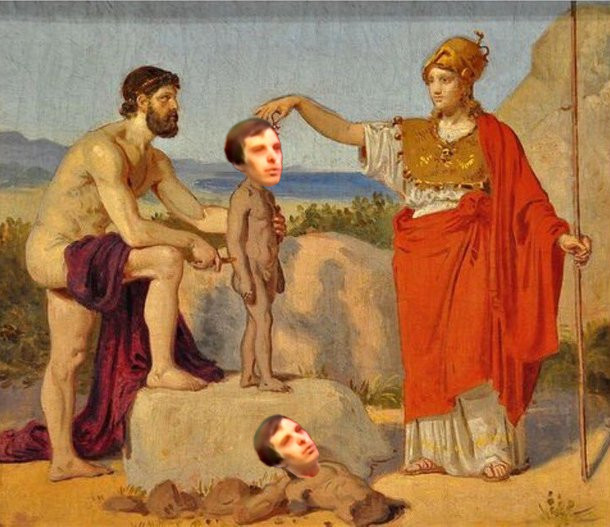
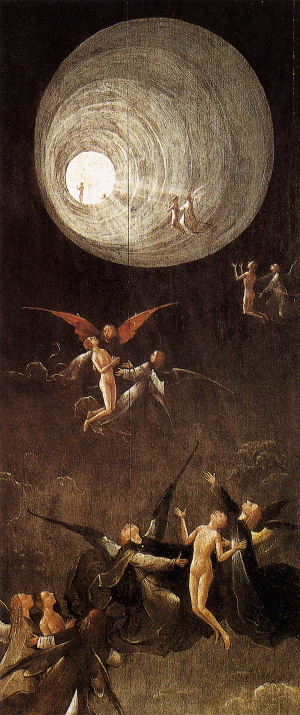
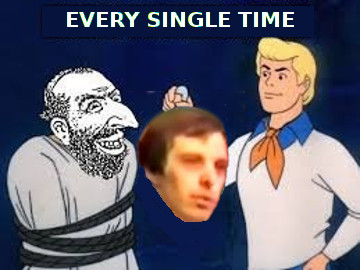 Addressing Charles Weisman’s What About the Seedline Doctrine? Part 7, Evil for Wicked or Good
Addressing Charles Weisman’s What About the Seedline Doctrine? Part 7, Evil for Wicked or Good 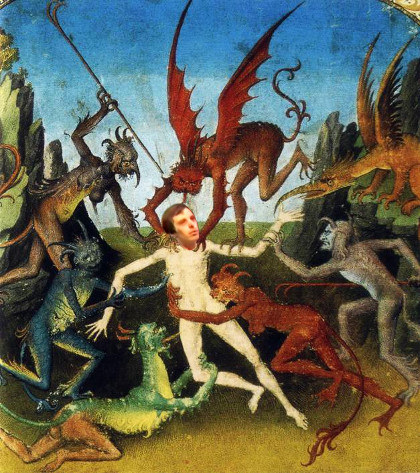


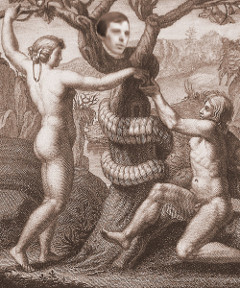


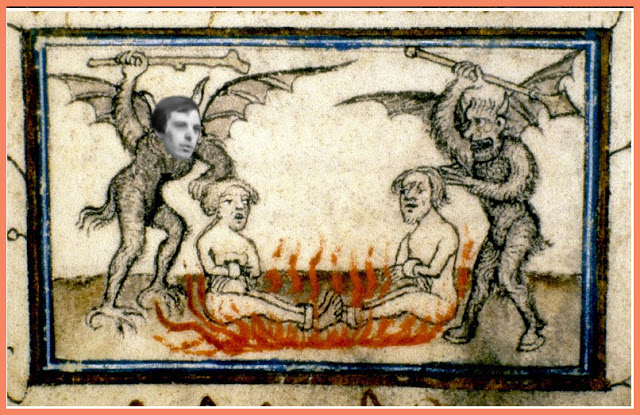




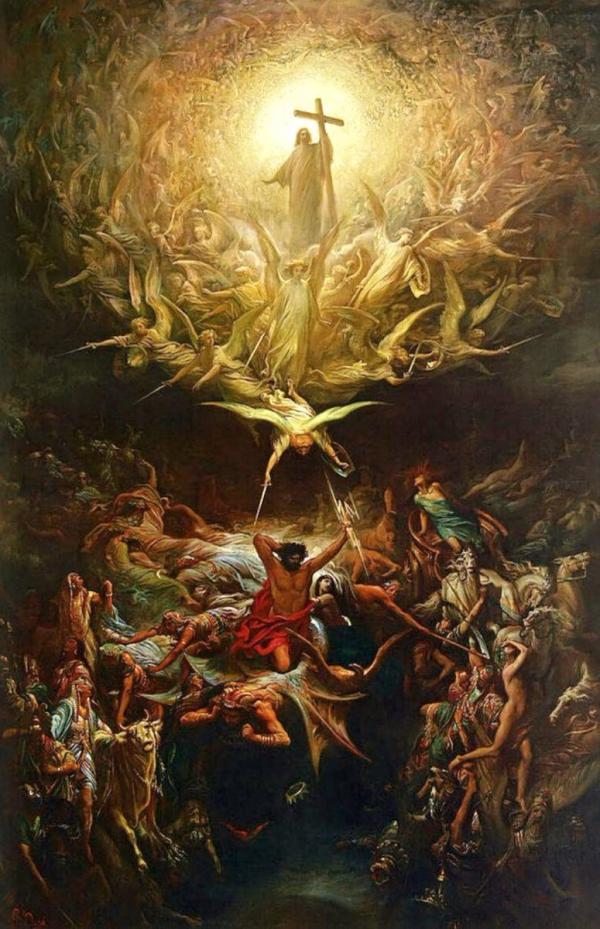
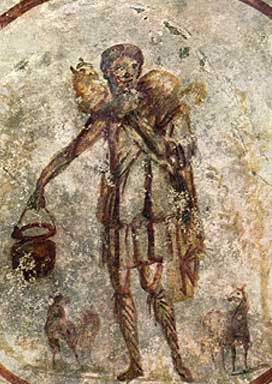
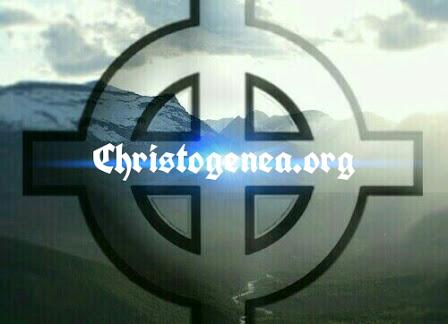
 Christianity in the Old Testament, Part 3, a continuing presentation of Bertrand Comparet's Sermon, with our own Commentary
Christianity in the Old Testament, Part 3, a continuing presentation of Bertrand Comparet's Sermon, with our own Commentary Christianity in the Old Testament, Part 2, a presentation of Bertrand Comparet's Sermon, with our own Commentary
Christianity in the Old Testament, Part 2, a presentation of Bertrand Comparet's Sermon, with our own Commentary Christianity in the Old Testament, Part 1, an Introduction: What is a Catholic?
Christianity in the Old Testament, Part 1, an Introduction: What is a Catholic?
 A Critical Review of Bertrand Comparet’s Christianity Discriminates and We Face the Future
A Critical Review of Bertrand Comparet’s Christianity Discriminates and We Face the Future
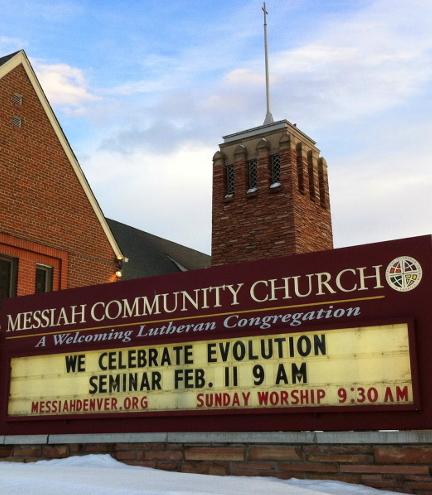 A critical review of the sermon False Prophets, by Bertrand L. Comparet
A critical review of the sermon False Prophets, by Bertrand L. Comparet
 A Critical Review of Let’s Examine the Evidence, by Bertrand Comparet
A Critical Review of Let’s Examine the Evidence, by Bertrand Comparet







